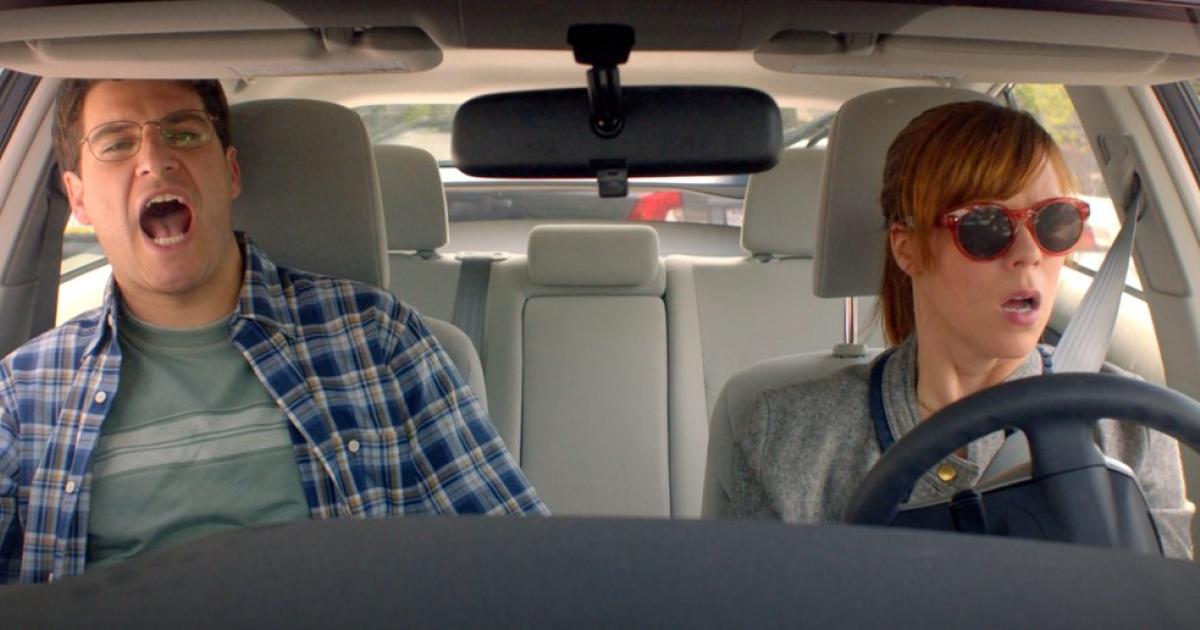Everest
by George Wolf
First and foremost, the film account of a legendarily tragic Mt. Everest expedition has to look the part. By that measure, Everest is a masterpiece.
Director Baltasar Kormakur displays pristine craftsmanship and finely-tuned instincts in displaying both the awe-inspiring enormity of the mountain – and the folly of believing you are not at its mercy. Blessed with Salvatore Totino’s breathtaking cinematography, Kormakur (Contraband, 2 Guns) effectively translates the punishing nature of an Everest climb, using a gracefully fluid camera to build set pieces of wonder and true gut-wrenching tension.
You will feel cold, tired, and small.
Based on the deadly 1996 Everest trek chronicled in the best-seller Into Thin Air, the more intimate aspects of the story present some inherent disadvantages for acclaimed screenwriters Simon Beaufoy (127 Hours, Slumdog Millionaire) and William Nicholson (Les Miserables, Gladiator).
The sheer number of real people and unique personal angles involved makes it much more difficult to establish the deep connection of a more singular experience such as 127 Hours. Add in the hoods, hats and masks that cover many faces on the climb, and those not familiar with the book may find it hard to keep track of just who is who.
A mere 20 years seems too recent to siphon the events through fictional characters (a la Titanic), and Everest aims for as much humanity as each character’s screen time will allow.
These writers are more qualified than most to tackle it, and they are able to make some moments resonate, particularly with long-distance conversations between expedition leader Rob Hall (Jason Clarke) and his pregnant wife back home (Kiera Knightley). Their script also tackles the “why do you climb” question with welcome understatement, never elevating any one individual in the equalizing event that the group is marching into.
Ultimately, Everest feels like an earthbound bookend to Gravity. It’s a magnificent, grand scale achievement – the 3D IMAX version is a must – with a slightly less developed human side.
![]()









